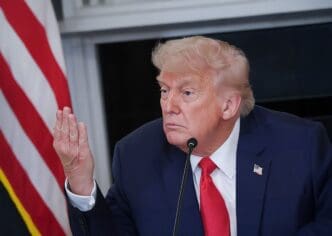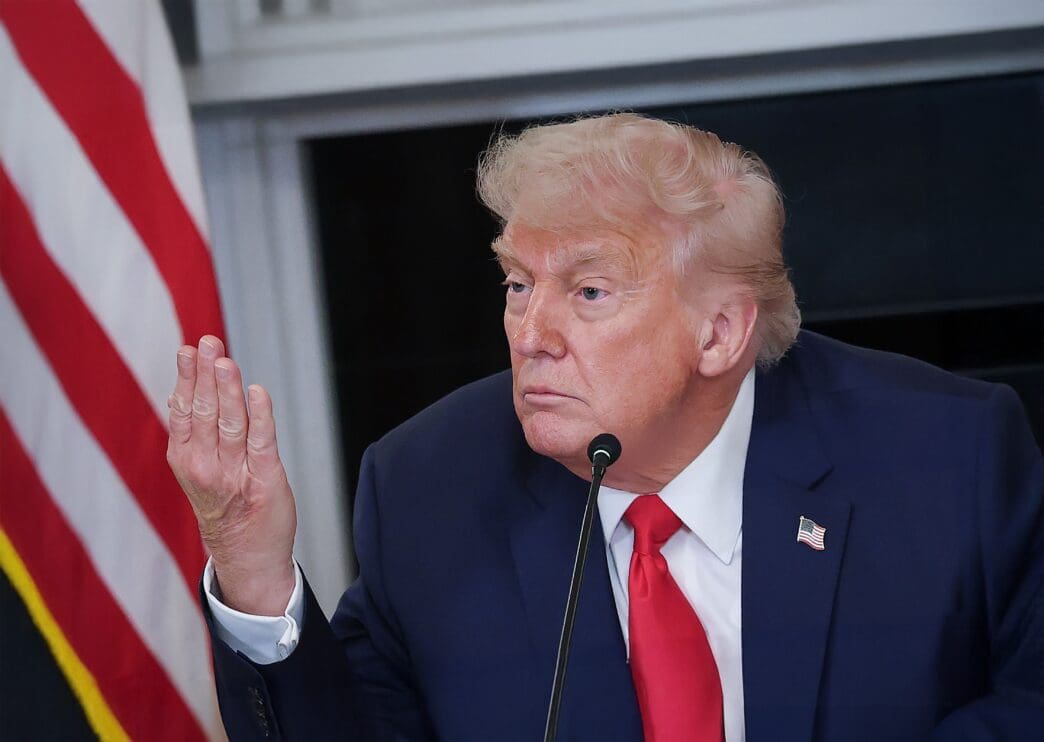Executive Summary
The Story So Far
Why This Matters
Who Thinks What?
President Donald Trump has appealed his state criminal conviction on charges related to a hush money scheme, arguing the case should never have been brought and its verdict should be overturned. The appeal, filed with New York’s Supreme Court’s Appellate Division, First Department, reiterates claims that the prosecution was politically motivated and that the trial judge made significant errors.
The Conviction and Allegations
In May 2024, Trump was convicted on 34 counts of falsifying business records. These charges stemmed from payments made to reimburse his former personal attorney, Michael Cohen, who had advanced $130,000 to Stormy Daniels. The payment, made days before the 2016 presidential election, aimed to keep Daniels quiet about an alleged past sexual encounter with Trump, an affair Trump has consistently denied.
Arguments for Overturn
Trump’s legal team, in a 96-page filing, accused Manhattan District Attorney Alvin Bragg, a Democrat, of pursuing a politically charged case. They contend that the alleged conduct did not violate New York law and that the prosecution “concocted a purported felony by stacking time-barred misdemeanors under a convoluted legal theory.”
A central tenet of the appeal is the assertion that federal election law should preempt state election law. Trump’s lawyers argued that since federal prosecutors did not bring federal election charges against him, the state should not have been able to pursue the case based on influencing the 2016 election.
Judicial Conduct and Evidence
The appeal also alleges that Judge Juan Merchan, who presided over the trial, made several critical errors. Trump’s attorneys argued Merchan should have recused himself due to his donations to Democrats and his daughter’s employment at a political consulting company that worked on the Biden campaign.
Furthermore, the defense claimed Merchan erred by allowing the jury to hear evidence involving official presidential acts, including testimony from former Trump aide Hope Hicks. They assert that the introduction of such evidence was improper and that the jury instructions were incorrect, leading to a conviction without the necessary unanimity.
Ongoing Legal Battles
Beyond the state appeal, Trump is simultaneously attempting to move the state case into federal court, believing it would offer a better chance at overturning the verdict. An earlier attempt to transfer the case was denied by a district judge, and Trump’s legal team is appealing that decision as well.
Following his conviction and subsequent presidential election victory, Trump was sentenced to an unconditional discharge days before his inauguration. This outcome meant no jail time and no restrictions were imposed.








